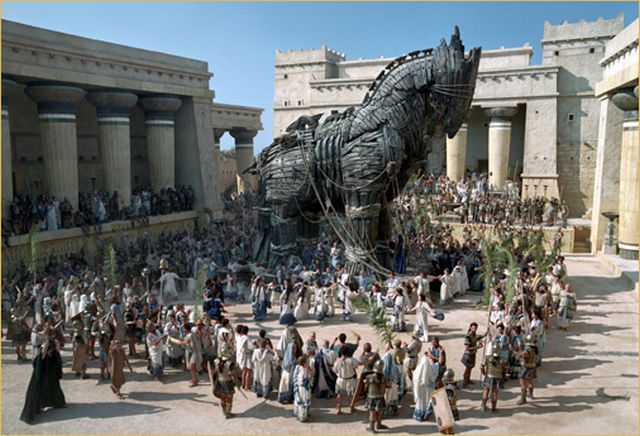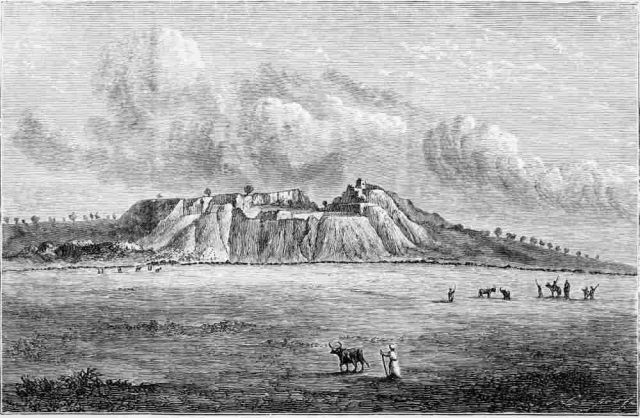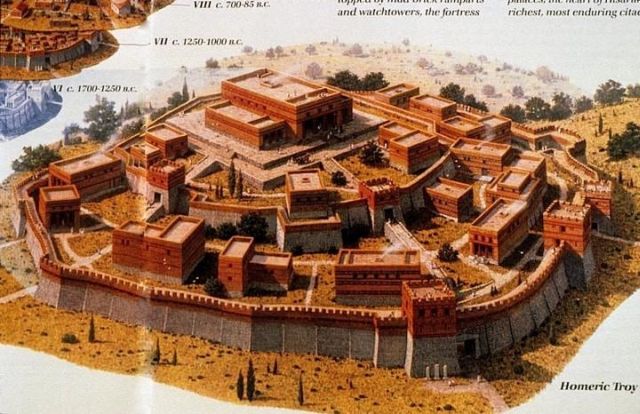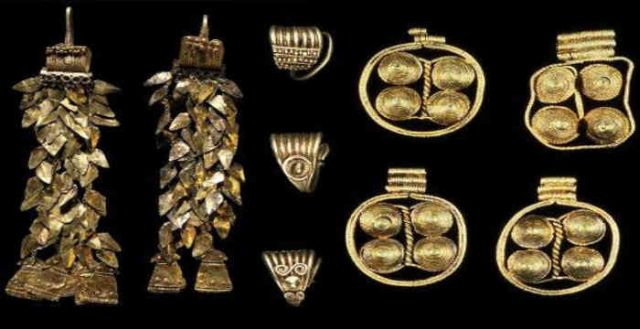Heinrich Schliemann
Heinrich Schliemann is considered the father of archaeology, as we know it today. A genial spirit, talented person, polyglot, connoisseur of ancient Greek history, merchant and traveller. With an old edition of "The Iliad" in hand, he ended up discovering ancient Troy on the Hisarlik hill in Turkey. Schliemann developed archaeological research methods in the 19th century, which are used to this day.
Initially, his significant contribution was not properly assessed in Germany. In his lifetime, Schliemann’s activity was questioned by his famous colleagues, mainly by Ernst Curtius. In Great Britain, however, Schliemann was greatly recognized.

To mark 125 years from his death, the New Museum in Berlin yesterday opened a major exhibition dedicated to his life and work, displaying findings from the excavations at Troy, Mycenae, ancient Tiryns and Orchomenus, as well as rare archives from major German libraries.
In search of Homer's Troy
The search for Troy continued for centuries. Until 1871, nobody was able to present reliable evidence of the exact whereabouts of Troy that is mentioned in Homer's epic. The same year, 49-year-old Schliemann launched excavations at Hisarlik in today's northwestern Turkey.

Strictly following Homer's descriptions, Schliemann was able to prove that the ancient city discovered there was Troy or Ilium, as it is called by Homer. Schliemann was not the first to argue that Troy was located in Hisarlik. Briton Frank Calvert carried out excavations there before him. However, his efforts were not successful because he did not have enough capital to complete the excavation works. Meanwhile, Calvert met Schliemann and convinced him to continue the excavations in the same place. In 1872, Heinrich Schliemann could already say with confidence that the excavated remains of fortified walls were part of ancient Troy's fortifications.

Amazing personality
For adventurer Heinrich Schliemann, studying ancient history was the dream of his life. Born in eastern Mecklenburg he grew up reading Homer's epic. His father was a pastor and he had another eight brothers and sisters. As a teenager, he could not afford to attend university therefore he began to deal with trade. He moved to Amsterdam, where he worked as a courier at a trading company. In just one year, he began to speak Dutch, Spanish, Portuguese and Russian. Then he left for Russia where he was engaged in weapons trading and quickly grew rich. Later he set off to Paris to go to university and study ancient Greek and Latin. In 1868, he moved to Ithaca, where he carried out excavations to find the palace of Odysseus. Then he travelled in the footsteps of Homer's hero to the Marmara Sea and discovered Troy a little later.
His most important discovery during the excavations at Troy was the so-called "Priam's gold treasure," which he immediately sent to Germany. During World War II, the treasure was transferred to Russia and later considered missing for years. Today it is on display in the Pushkin Museum in Moscow.

It should be noted that Schliemann made some mistakes. Today it is considered that the findings that were believed to have been part of Priam's treasure did not belong to the mythical king. They were part of an earlier civilization, 1250 years older than Troy. However, this was not the only wrong conclusion of the German archaeologist. The famous gold mask that he discovered in Mycenae and believed to have belonged to Agamemnon proved not to be his. Despite these errors, however, Schliemann is considered one of the most important archaeologists worldwide.